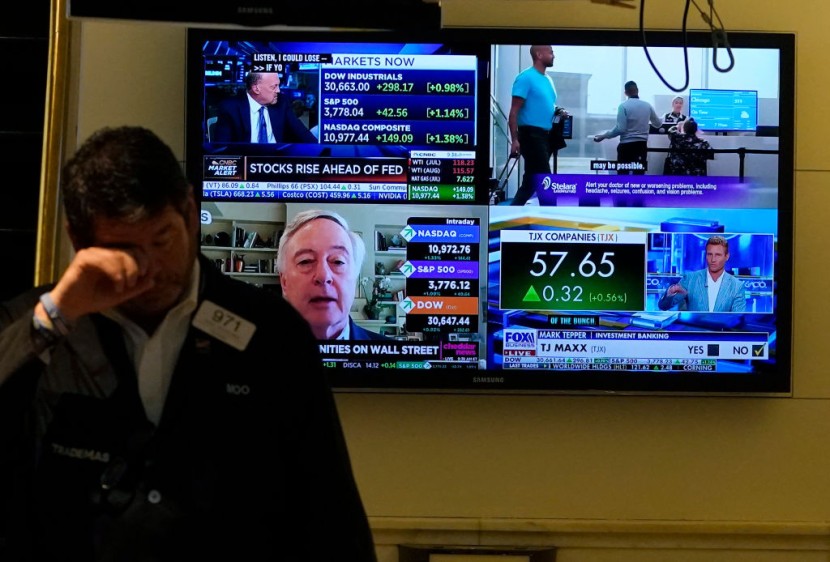
The Federal Reserve is likely to increase interest rates once more to slow down the highest inflation in 40 years in the United States while avoiding an economic recession.
The central bank projected to raise its benchmark rate by a half-point at each meeting this year, per ABC News. However, following a disappointing consumer price index report in May, some experts expect the Fed to raise rates by 75 basis points on Wednesday.
Even though their countries are at more risk of recession than the US, several central banks in other countries are acting quickly to contain rising prices. In July, the European Central Bank is likely to raise interest rates by a quarter-point, for the first time in 11 years. If record-high inflation persists, it may declare a higher raise in September.
Following the Fed's most recent meeting in May, when it hiked its benchmark rate by a half-point, Chair Jerome Powell stated that comparable hikes were "on the table" for the central bank's June and July sessions if the economy "evolves in line with expectations."
However, the government revealed on Friday that year-over-year inflation unexpectedly rose to 8.6% in May, the highest point in four decades. Rents, petrol, clothing, medical care, airline prices, and clothing are all seeing price increases driven by inflation. The accelerated series of rate hikes now expected from the Fed will increase the likelihood of a recession in the next year or so.
A consumer mood survey released by the University of Michigan on Friday revealed that Americans' expectations for future inflation are increasing.
How Will Increased Interest Affect US Consumers?
Interest rates represent the cost of borrowing. Hence, when the Fed raises its target rate, it is more expensive to borrow money.
Banks pay more to borrow money, but they also charge consumers and businesses more interest, which causes mortgage rates to climb in lockstep, as per a report from The Conversation. This is one of the reasons why mortgage payments are expected to rise so quickly in 2022, even as housing markets and prices begin to go down.
When interest rates go up, fewer individuals can buy property, and fewer firms can afford to build a new factory and recruit more employees. As a result, higher interest rates can lower the economy's overall growth rate while simultaneously managing inflation.
The problem does not affect Americans. Higher interest rates in the US can have similar effects on the global economy, whether by increasing borrowing costs or depreciating the dollar, making it more expensive to purchase US goods.
Time to Spend Wisely
However, whether the inflation rate falls as the Fed predicted will determine what it means for consumers and everyone else.
Financial advisors suggest that consumers assess their spending and saving habits to achieve a stable balance, per CNBC.
Jacqui Kearns, chief brand and strategy officer at Affinity Federal Credit Union in New Jersey, advised consumers to "be smart" on spending their available budget. This may include cutting back on discretionary purchases or budgeting more for items that increased in price. It also means checking emergency funds for additional expenses.
© 2026 HNGN, All rights reserved. Do not reproduce without permission.








